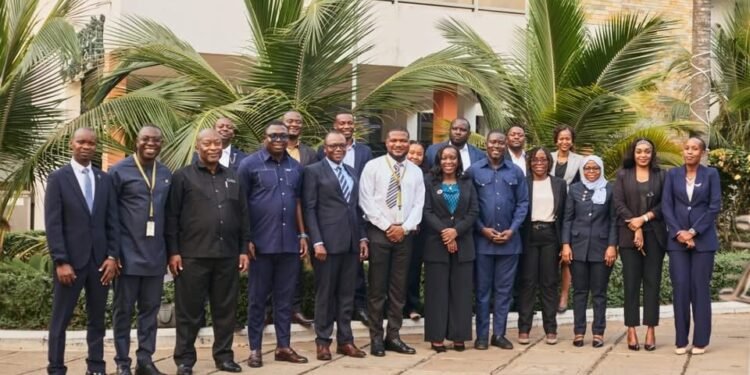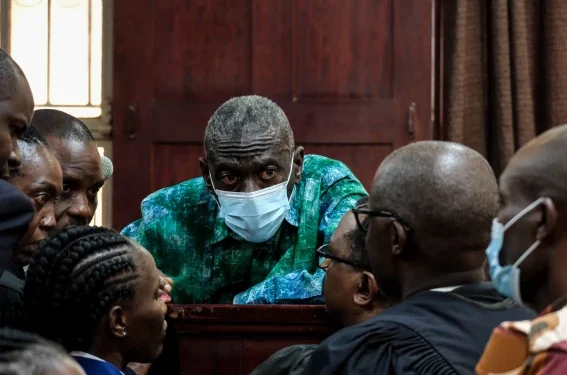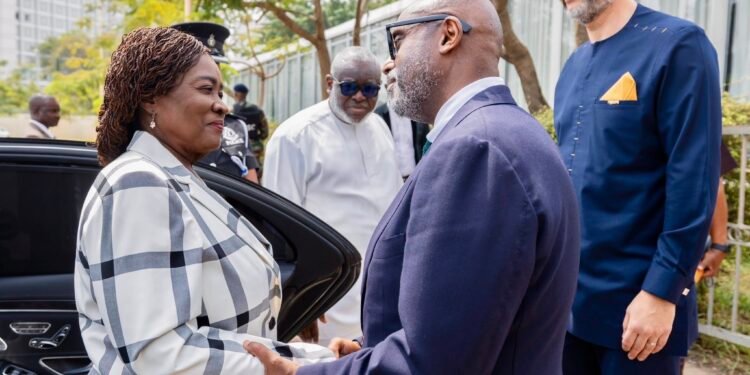Bright Simons, the Honorary Vice President of the IMANI Centre for Policy and Education, has questioned the efficacy of conventional anti-corruption mechanisms and strongly advocated for civil society empowerment in addressing the country’s nuanced forms of official looting endemic.
His remarks come amidst President-Elect Mahama’s establishment of a preparatory anti- corruption committee to expedite an initiative, dubbed ORAL, aimed at recovering alleged stolen assets by outgoing officials.
“It is a common refrain of new governments in Africa to beat the drums about the ill-gotten gains of their predecessors. In many countries, the enthusiasm rarely matches the results. Yet, there are countries like Nigeria, Angola, Uzbekistan, and others that have implemented recovery measures that have netted billions”.
Bright Simons, Honorary Vice President of IMANI Centre for Policy and Education
Bright Simons highlighted international frameworks designed to combat corruption, including the African Union’s Addis Ababa Declaration on Asset Recovery and the World Bank’s Stolen Assets Recovery (STAR) Initiative.
He noted that notably, 70 countries participate in STAR, with at least 75% having utilized the platform to trace corrupt proceeds. Yet, he observed, global recoveries through STAR amounted to only $4 billion as of 2022, a paltry sum compared to the African Union’s estimate of $150 billion in annual illicit financial outflows from the continent.
“My honest view is that countries that have done well using recovery mechanisms such as Nigeria (eg. the Abacha loot saga) experience high levels of a particular form of official looting: EMBEZZLEMENT. Officials embezzle funds when they brazenly divert public funds to private use.
“Ghana’s bloody revolutionary history has made embezzlement a very high-risk practice. In my long experience working in the policy and governance arena, I have come to the conclusion that there are VERY LOW LEVELS of embezzlement in Ghana. The recent Masloc incident, for instance, is really rare in Ghana”.
Bright Simons, Honorary Vice President of IMANI Centre for Policy and Education
The Sophistication of Looting in Ghana
However, Bright Simons introduced the concept of “State Enchantment” to described subtle yet extensive forms of looting in Ghana. For him, these practices often masquerade as legitimate, even laudable, state activities, making them difficult to detect and prosecute.
“Most of these mechanisms are wrapped tightly around legitimate, even praiseworthy, official activities. Thus, officials are rarely shy from justifying their schemes. Contorted paths are used to enrich cronies, and then even more contorted paths are used to deliver large chunks of the loot to officials.”
Bright Simons, Honorary Vice President of IMANI Centre for Policy and Education
This systemic sophistication, he opined has created a paradox: while the public widely senses pervasive corruption, conclusively proving and tracing looting schemes remains fiendishly difficult.
According to Bright Simons, only about ten officials in Ghana have faced jail time for corruption-related offences in the past two decades, despite the country grappling with inflated contracts, high fiscal deficits, and the ignominy of becoming the first African nation to default on domestic debt.
A Call for Civil Society Empowerment
Given the endemic nature of looting in Ghana, the IMANI’s Honorary Vice President argued that conventional recovery mechanisms—designed primarily to address embezzlement—are ill-suited to recover significant sums.
Instead, he advocated empowering civil society organizations (CSOs) to play a more proactive and counterbalancing role in governance.
“Civil society, operating outside the state, must become a dynamic chaos agent within policy execution,” Bright Simons asserted. He called for CSOs to be granted extensive access to information and a direct role in project design, governance, monitoring, and evaluation.
Such empowerment, he argued, would disrupt entrenched looting schemes and foster greater accountability. However, he acknowledged that governments are unlikely to embrace such measures willingly, requiring pressure from powerful non-governmental stakeholders.
His critique is a sobering reminder of the challenges Ghana faces in addressing corruption and recovering stolen assets.
While initiatives like ORAL may signal intent, Bright Simons cautioned against over-reliance on conventional measures and underscored the need for systemic reforms that prioritize transparency and accountability.
READ ALSO: GSE Indices Hold Strong with Year-to-Date Gains Exceeding 50%























